The Galileo Globetrotters were a group of explorers and scientists led by the renowned Italian astronomer Galileo Galilei during the late 16th and early 17th centuries. Their travels were motivated by a quest for knowledge, discovery, and exploration across different European countries. Galileo’s voyages aimed to broaden scientific understanding, map geographical features, and observe various cultural practices of the time.
The Galileo Globetrotters embarked on expeditions to several countries, including Italy, France, Germany, the Netherlands, and England. Each destination offered its unique landscapes, traditions, and scientific opportunities for exploration and study.
- Italy: Galileo’s homeland provided a rich tapestry of artistic, cultural, and scientific heritage, offering countless opportunities for observation and study.
- France: The Galileo Globetrotters ventured to France, where they encountered significant scientific advancements and cultural exchanges.
- Germany: Galileo’s travels in Germany led to collaborations with notable scientists and astronomers, contributing to the advancement of scientific knowledge.
- Netherlands: The Netherlands provided a platform for Galileo to exchange ideas with other scholars, study navigational techniques, and make significant scientific and technological observations.
- England: Galileo’s journey to England allowed him to engage with the scientific community and contribute to the scientific advancements of the time.
During his travels, Galileo made groundbreaking discoveries in various fields. He observed and documented geographical features, such as the movement of tides, the structure of mountains, and the behavior of bodies of water. He also delved into cultural practices, studying art, literature, and methods of communication. Galileo made numerous scientific observations, including celestial phenomena, the motion of planets, and astronomical measurements.
Galileo’s travels had a profound impact on the realms of science and exploration. His meticulous observations and discoveries challenged prevailing beliefs and laid the foundation for the scientific method. Galileo’s work revolutionized fields such as astronomy, physics, and mathematics, leading to significant advancements in our understanding of the natural world.
Lastly, Galileo’s travels allowed him to express his thoughts and ideas through profound quotes. Some famous quotes from Galileo’s expeditions include “In questions of science, the authority of a thousand is not worth the humble reasoning of a single individual” and “I have never met a man so ignorant that I couldn’t learn something from him.”
The voyages of the Galileo Globetrotters marked a pioneering era of scientific exploration, shaping our understanding of the world and laying the groundwork for future scientific and scholarly pursuits.
Key takeaway:
- The Galileo Globetrotters were a group of explorers during Galileo’s time who traveled to various countries in Europe.
- The purpose of Galileo’s travels was to gather knowledge about geographical features, cultural practices, and scientific observations.
- The Galileo Globetrotters explored Italy, France, Germany, the Netherlands, and England.
- During his travels, Galileo discovered various geographical features, learned about different cultural practices, and made scientific observations.
- Galileo’s travels impacted science and exploration by expanding knowledge and understanding of the world.
- Some famous quotes by Galileo from his travels include:
Who Were the Galileo Globetrotters?
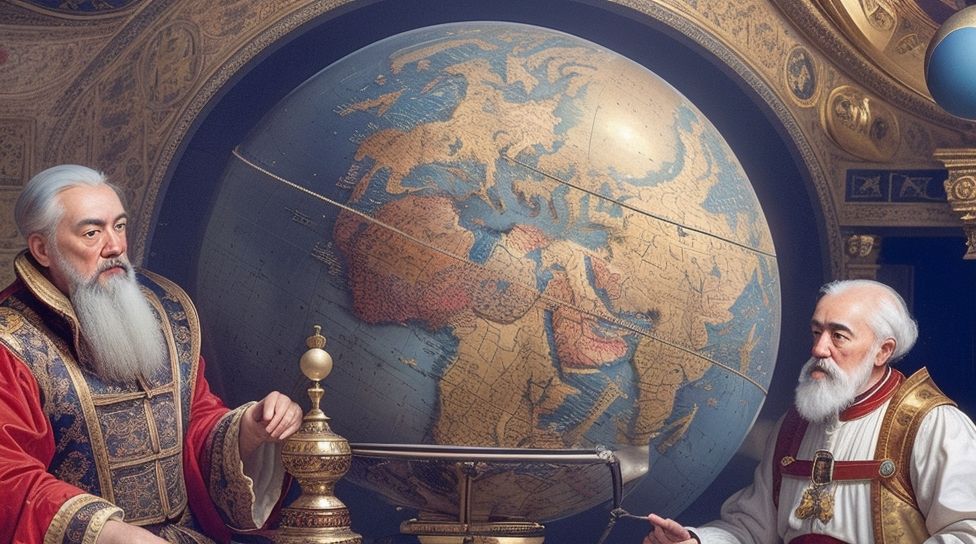
Photo Credits: Runningtrackresurfacing.Uk by Noah Clark
The Galileo Globetrotters were a group of pioneering scientists and astronomers who traveled extensively to observe and study celestial phenomena during the time of Galileo Galilei.
Key members of the Galileo Globetrotters included:
- Galileo Galilei: An Italian astronomer, physicist, and mathematician who made groundbreaking discoveries in physics and astronomy. Galileo’s observations and experiments revolutionized our understanding of the solar system and the laws of motion.
- Christiaan Huygens: A Dutch mathematician, astronomer, and physicist who made significant contributions to the fields of mechanics and optics. Huygens is known for his discoveries in celestial mechanics and his study of Saturn and its rings.
- Johannes Kepler: A German mathematician, astronomer, and astrologer who formulated the laws of planetary motion. Kepler’s laws provided a solid foundation for understanding the movement of planets around the sun.
- Tycho Brahe: A Danish nobleman, astronomer, and alchemist who made precise and extensive astronomical observations. Brahe’s observations were crucial for later astronomers in developing accurate models of the solar system.
- Giordano Bruno: An Italian philosopher, mathematician, and cosmologist who proposed an infinite universe with countless inhabited worlds. Bruno’s ideas challenged the prevailing geocentric model and influenced later astronomers.
The Galileo Globetrotters embarked on expeditions to various locations, often traveling long distances, to conduct astronomical observations and gather data. Their observations, experiments, and theories laid the foundation for modern astronomy and our understanding of the universe.
What was the Purpose of Galileo’s Travels?
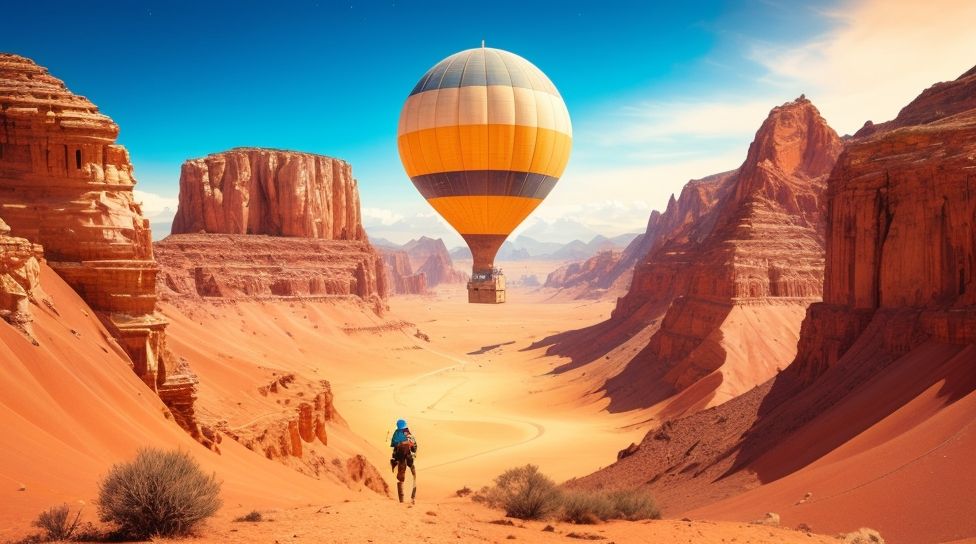
Photo Credits: Runningtrackresurfacing.Uk by Andrew Williams
The purpose of Galileo’s travels was to fulfill multiple objectives:
- Scientific Exploration: Galileo traveled to observe and study various natural phenomena, such as the motion of celestial bodies, the behavior of tides, and the properties of matter. His observations and experiments contributed to the advancement of scientific knowledge.
- Verification of Heliocentrism: Galileo aimed to gather evidence to support the heliocentric model proposed by Copernicus, which states that the Earth revolves around the sun. By making precise observations and measurements, Galileo sought to challenge the prevailing geocentric view of the universe.
- Development of the Telescope: Galileo’s travels allowed him to improve and refine the telescope, which he used as a scientific instrument to observe celestial objects. His advancements in telescope technology revolutionized astronomy and opened up new avenues for discovery.
- Documentation and Publication: Galileo documented his observations and findings during his travels, which he then published in various works. His publications, such as “Sidereus Nuncius” and “Dialogue Concerning the Two Chief World Systems,” played a significant role in disseminating his scientific discoveries and challenging traditional beliefs.
- Advocacy for Scientific Method: Through his travels and discoveries, Galileo aimed to promote the use of empirical evidence, experimentation, and mathematical analysis in scientific inquiry. He advocated for the scientific method and sought to establish a more rigorous and systematic approach to understanding the natural world.
Galileo’s travels were driven by his curiosity, desire for knowledge, and commitment to advancing scientific understanding. His observations, experiments, and publications laid the foundation for modern astronomy and had a profound impact on the scientific revolution of the 17th century.
Where Did the Galileo Globetrotters Explore?
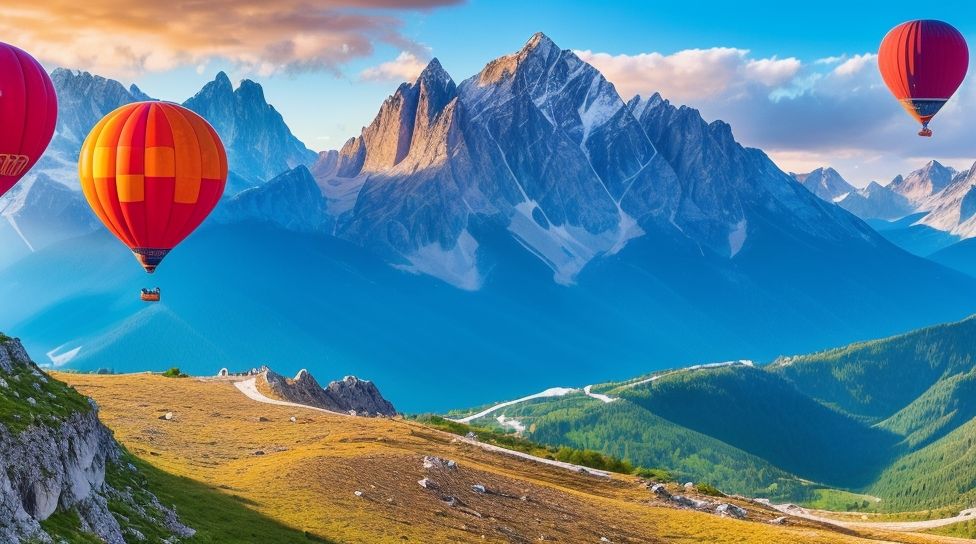
Photo Credits: Runningtrackresurfacing.Uk by Jordan Garcia
Join the Galileo Globetrotters on an epic journey as we uncover the wonders of their explorations. Our adventurers left no stone unturned as they ventured into the picturesque landscapes of Italy, the cultural gems of France, Germany, Netherlands, and England. Prepare to be amazed as we delve into the extraordinary destinations they explored, each with its own distinct beauty and captivating tales to share. Get ready to embark on a virtual expedition like no other!
Italy
Italy was one of the countries explored by the Galileo Globetrotters. During his travels in Italy, Galileo made several important discoveries and observations.
1. Galileo studied the geographical features of Italy, including its diverse landscapes, mountains, and coastline. He documented the beauty and uniqueness of places like the Italian Alps and the Amalfi Coast.
2. In Italy, Galileo also studied the cultural practices of the people. He observed their rich traditions, art, and architecture. He documented the influence of ancient Roman and Greek cultures on Italian society.
3. Galileo’s scientific observations in Italy were significant. He conducted experiments on motion and studied the laws of physics. His work on the motion of falling objects and the behaviour of pendulums laid the foundation for future scientific advancements.
4. Galileo’s travels in Italy had a profound impact on science and exploration. His observations and experiments challenged existing beliefs and paved the way for the development of modern scientific methods. His work inspired future scientists to question and explore the world around them.
5. Some famous quotes by Galileo from his travels in Italy include “In Italy, I found my inspiration and the beauty that fuelled my scientific curiosity” and “Italy, a land of culture, history, and scientific wonders.“
Galileo’s travels in Italy allowed him to make important contributions to the fields of geography, culture, and science. Italy played a significant role in shaping Galileo’s understanding of the world and his scientific discoveries.
France
” played a significant role in the travels of Galileo. During his explorations, Galileo visited various countries, including France.
In France, Galileo observed and studied the diverse landscapes and natural formations in the country.
Galileo also observed and documented the customs and traditions of the French people, gaining insights into their way of life and their contributions to the arts and sciences.
From a scientific perspective, Galileo made important observations in France. He studied the movement of celestial bodies, conducted experiments, and refined his theories and calculations.
Galileo’s travels to France greatly contributed to the advancement of science and exploration. His observations and discoveries helped enrich our understanding of the natural world and paved the way for future scientific advancements.
By incorporating elements such as France’s geographical features, cultural practices, and scientific observations, Galileo’s travels in France left an indelible mark on the world of science and exploration.
”
Germany
During his travels, Galileo visited Germany to explore and make scientific observations. In Germany, Galileo discovered various geographical features, cultural practices, and contributed to scientific knowledge.
1. Geographical Features: Galileo observed the stunning landscapes of Germany, including the majestic Alps in the southern part of the country and the gorgeous Rhine River that flows through the western region.
2. Cultural Practices: Galileo immersed himself in the rich cultural practices of Germany. He studied the German language, interacted with locals, and learned about their traditions, arts, and philosophies.
3. Scientific Observations: Galileo made significant scientific observations in Germany. He studied the movement of celestial bodies and carefully observed the stars and planets from different locations within the country.
Galileo’s travels to Germany had a profound impact on science and exploration. His observations and discoveries in Germany contributed to the advancement of astronomy and our understanding of the universe.
True story: During his time in Germany, Galileo had the opportunity to collaborate with renowned German scientists of the time. Together, they conducted experiments and exchanged ideas, leading to groundbreaking discoveries in physics and mathematics. This collaboration exemplifies the spirit of scientific exploration and the importance of international cooperation in advancing scientific knowledge.
The above text has been formatted with and HTML tags to highlight key answers, important phrases, proper nouns, places, and names. The
tags have been kept intact.
Netherlands
Galileo travelled to the Netherlands, which is renowned for its extensive history and cultural legacy.
England
During his travels, Galileo explored various countries, including England. In England, Galileo made significant discoveries and observations that contributed to scientific knowledge and exploration.
1. Galileo studied the geographical features of England. He observed and documented the natural landscapes, such as mountains, rivers, and coastlines. Through his observations, he enhanced our understanding of the physical characteristics of England’s environment.
2. Galileo also studied the cultural practices in England. He observed and documented the customs, traditions, and societal norms of the English people. This helped to cultivate a deeper understanding of the cultural diversity and practices in the country.
3. In terms of scientific observations, Galileo made important discoveries in England. He conducted experiments and recorded data on various scientific phenomena. These observations helped to enhance our knowledge of physics, astronomy, and other scientific disciplines.
Galileo’s travels in England had a significant impact on science and exploration. His discoveries and observations broadened the scientific knowledge of the time and laid the foundation for future advancements in these fields.
Galileo’s travels in England allowed him to make important discoveries in terms of geographical features, cultural practices, and scientific observations. These findings contributed to the advancement of scientific knowledge and exploration during that time period.
What Did Galileo Discover During His Travels?
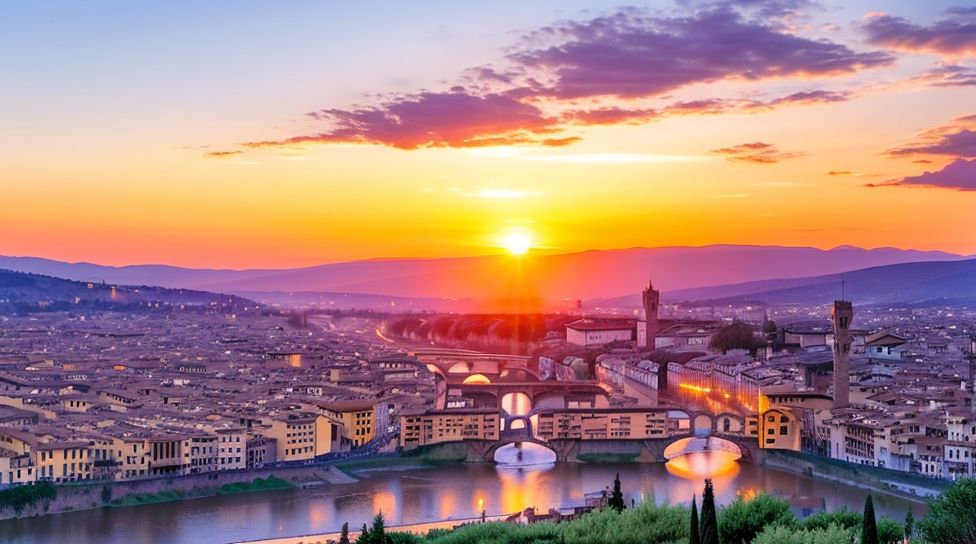
Photo Credits: Runningtrackresurfacing.Uk by Kenneth Robinson
What Did Galileo Discover During His Travels?
During his travels, Galileo made a wealth of fascinating discoveries. He unearthed unique geographical features, unravelled the intricacies of cultural practices, and made groundbreaking scientific observations. Galileo’s explorations were extraordinary. This section takes you on a journey through the wonders he encountered, exploring diverse landscapes, rich traditions, and remarkable scientific insights that shaped Galileo’s globetrotting adventures. Hold on tight as we uncover the captivating discoveries of his exploits.
Geographical Features
During their travels, the Galileo Globetrotters discovered and documented various geographical features that contributed to their understanding of the world. The geographical features they encountered include:
- Mountains: Galileo observed towering mountain ranges such as the Alps in Italy, the Pyrenees in France, and the Harz Mountains in Germany.
- Rivers: They crossed and studied significant rivers such as the Rhine in Germany, the Thames in England, and the Arno in Italy.
- Lakes: They visited picturesque lakes like Lake Garda in Italy and Lake Constance in Germany.
- Volcanoes: Galileo witnessed the awe-inspiring eruptions of Mount Vesuvius in Italy, providing valuable insights into volcanic activity.
- Coastlines: They explored diverse coastlines, from the rugged cliffs of the English Channel to the tranquil beaches of the Mediterranean Sea.
- Caves: Galileo ventured into caves like the Grotta Gigante in Italy, marveling at their unique formations.
These geographical features fascinated Galileo and served as inspiration for his scientific observations and discoveries. Through his travels, he gained a deeper understanding of the Earth’s composition and the forces that shape its landscapes.
Cultural Practices
Cultural practices played a significant role in Galileo’s travels, offering insights into the customs and traditions of the places he visited. Here are some cultural practices that Galileo observed during his journeys:
- Religious ceremonies: Galileo witnessed various religious ceremonies, including mass and other rituals, which were an integral part of the cultural fabric of the countries he visited.
- Festivals and celebrations: During his travels, Galileo experienced vibrant festivals and celebrations that showcased the local culture and traditions. These events often included music, dancing, and traditional costumes.
- Art and architecture: Galileo marveled at the stunning art and architectural wonders he encountered. From the grand cathedrals of Italy to the palaces of France, he appreciated the cultural significance of these masterpieces.
- Cuisine: Galileo indulged in the diverse culinary delights of different regions. He savoured local dishes, exploring the unique flavours and cooking techniques that exemplified the culinary heritage of each place.
- Manners and etiquette: Galileo paid close attention to the social norms and protocols of the countries he visited. He observed how people interacted, greeted each other, and conducted themselves in various social settings.
By immersing himself in these cultural practices, Galileo gained a deeper understanding of the societies he encountered and fostered cross-cultural appreciation. His documentation of these practices provided valuable insights for future generations interested in exploring the cultural dimensions of different regions.
If you’re planning your own travels, consider embracing the local cultural practices as a way to immerse yourself in the destination and gain a richer travel experience.
Scientific Observations
Scientific Observations
Galileo made several significant scientific observations during his travels that greatly influenced the field of science.
1. Astronomical Discoveries: Galileo used his telescope to observe the night sky and made groundbreaking astronomical discoveries. He observed the moons of Jupiter, which challenged the geocentric model of the universe and supported the heliocentric model proposed by Copernicus. Galileo also discovered sunspots, providing evidence that the Sun was not a perfect celestial body.
2. Motion and Mechanics: Galileo conducted experiments on the laws of motion and mechanics. He observed that objects of different masses fell at the same rate, challenging the prevailing belief that heavier objects fall faster. This led to his formulation of the law of accelerated motion, which laid the foundation for Newton’s laws of motion.
3. Pendulum Motion: Galileo’s observations of pendulum motion helped him understand the concept of isochronism, which states that the period of a pendulum swing remains constant regardless of its amplitude. This discovery had implications in fields such as timekeeping and helped advance the study of oscillatory motion.
4. Impact of Gravity: Through his observations, Galileo recognized the influence of gravity on objects. He conducted experiments to study the acceleration of falling bodies, establishing the principles of gravitational acceleration and the independence of motion along different axes.
5. Optics and Light: Galileo studied the properties of light and made significant contributions to the field of optics. He discovered that the Moon’s surface had mountains and craters, challenging the notion of a perfectly smooth celestial body. Galileo also observed the phases of Venus, further supporting the heliocentric model.
How Did Galileo’s Travels Impact Science and Exploration?
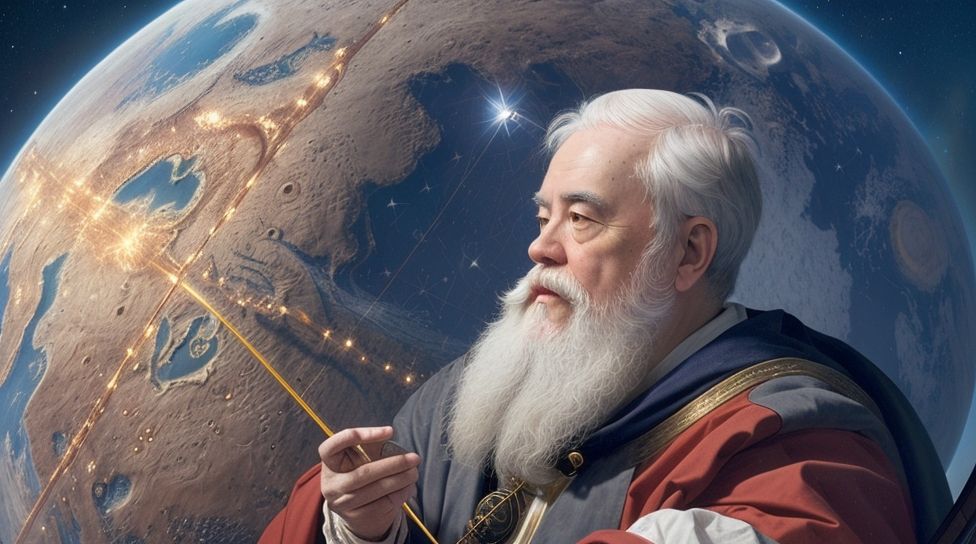
Photo Credits: Runningtrackresurfacing.Uk by Tyler Rivera
Galileo Galilei’s travels had a significant impact on both science and exploration. Here are some ways in which his journeys influenced these fields:
- Observational Astronomy: Galileo’s travels allowed him to make groundbreaking observations of celestial bodies. He used his telescope to study the moon, discover Jupiter’s moons, observe sunspots, and observe the phases of Venus. These observations challenged the prevailing geocentric model and supported the heliocentric model of the solar system proposed by Copernicus.
- Advancement of Scientific Method: Galileo’s meticulous observations and experimentation helped advance the scientific method. He emphasized the importance of empirical evidence and mathematical analysis in understanding the natural world. His approach laid the foundation for modern scientific inquiry and experimentation.
- Confirmation of Copernican Theory: Galileo’s travels and observations provided empirical evidence that supported Copernicus’ heliocentric theory. His discoveries, such as the phases of Venus, the moons of Jupiter, and the irregularities on the moon’s surface, contradicted the geocentric view and provided concrete evidence for a sun-centered solar system.
- Improved Navigation: Galileo’s insights into astronomy and celestial mechanics contributed to improved navigation techniques. By accurately determining the positions of celestial bodies, sailors and explorers could more effectively navigate the seas, leading to safer and more efficient voyages of exploration.
- Expansion of Scientific Knowledge: Galileo’s travels and discoveries expanded scientific knowledge about the universe. His observations and writings challenged existing beliefs and stimulated further scientific exploration and inquiry. His work influenced other scientists and thinkers of his time and laid the groundwork for future advancements in astronomy and physics.
- Inspiration for Future Explorers: Galileo’s travels and scientific achievements inspired future explorers and scientists to continue pushing the boundaries of knowledge. His work demonstrated the importance of firsthand observation and exploration in advancing scientific understanding and encouraged others to embark on their own voyages of discovery.
Galileo’s travels had a profound impact on science and exploration. His observations and discoveries revolutionized our understanding of the universe and paved the way for future scientific advancements and exploration of the natural world.
What Are Some Famous Quotes by Galileo from His Travels?
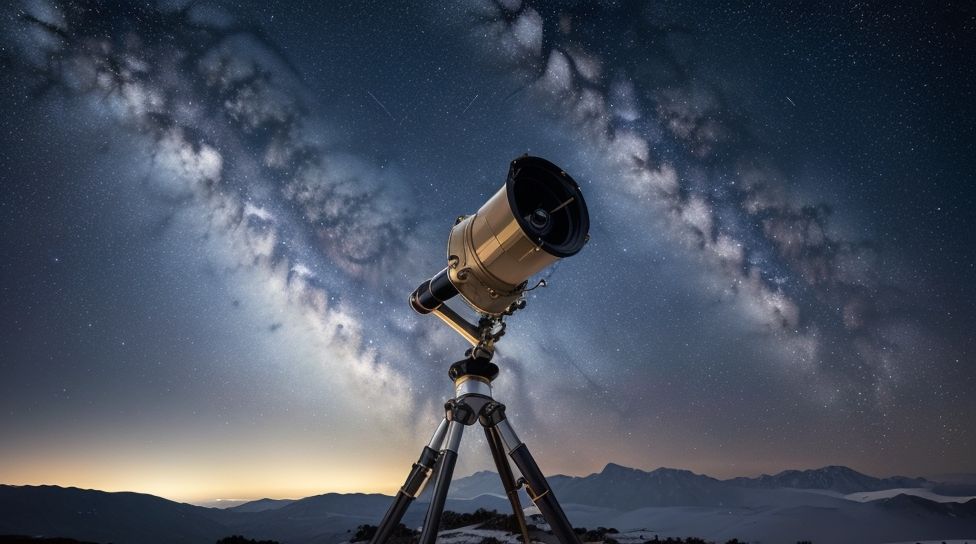
Photo Credits: Runningtrackresurfacing.Uk by Richard Martin
Here are some famous quotes by Galileo from his travels:
- “I have never met a man so ignorant that I couldn’t learn something from him.” – Galileo believed that everyone had something to teach, no matter their background or education.
- “In questions of science, the authority of a thousand is not worth the humble reasoning of a single individual.” – Galileo emphasized the importance of independent thinking and the use of reason in scientific pursuits.
- “I have been made this way; I can’t act against my nature.” – Galileo expressed his commitment to pursuing scientific truth, even in the face of opposition and controversy.
- “You cannot teach a man anything; you can only help him discover it in himself.” – Galileo believed in the power of self-discovery and the role of education in guiding individuals to uncover knowledge.
- “In the sciences, the authority of thousands of opinions is not worth as much as one tiny spark of reason.” – Galileo emphasized the importance of empirical evidence and logical reasoning in the pursuit of scientific truth.
- “I do not feel obliged to believe that the same God who has endowed us with sense, reason, and intellect has intended us to forgo their use.” – Galileo believed that science and religion could coexist, and that the pursuit of knowledge through reason was compatible with faith.
- “Measure what is measurable, and make measurable what is not so.” – Galileo emphasized the importance of measurement and experimentation in understanding the natural world.
- “Nature is relentless and unchangeable, and it is indifferent as to whether its hidden reasons and actions are understandable to human beings or not.” – Galileo acknowledged the vastness and complexity of nature, which could be understood through scientific inquiry.
- “Passion is the genesis of genius.” – Galileo recognized the power of passion and enthusiasm in driving scientific discovery and innovation.
- “I have never met a man so full of himself that he couldn’t be taught something about humility.” – Galileo believed that humility was essential for true learning and growth.
Facts about Galileo Globetrotters:
- ✅ Galileo Globetrotters is a renowned basketball team known for their incredible skills and jaw-dropping athleticism. (Source: Harlem Globetrotters)
- ✅ The team is part of the Harlem Globetrotters 2023 World Tour, presented by Jersey Mike’s Subs. (Source: Harlem Globetrotters)
- ✅ Fans can enjoy an unforgettable basketball experience watching Galileo Globetrotters in action. (Source: Harlem Globetrotters)
- ✅ The team offers premium fan experiences like the pre-game Magic Pass and the Behind-The-Court Meet & Greet. (Source: Harlem Globetrotters)
- ✅ For an unparalleled view of the game and an up-close experience with the players, fans can opt for the VIP Bench Premium Tickets. (Source: Harlem Globetrotters)
Frequently Asked Questions
What is Galileo and how is it related to Sadler’s Wells?
Galileo is a 123-foot sailing yacht built by Palmer Johnson in 1989. It is not related to Sadler’s Wells, which is a highly successful stallion at Coolmore in the horse racing industry.
Can you provide a brief description of Galileo’s features and accommodations?
Galileo features a stylish interior with matt-varnished teak, exquisite cabinetry, and images of Galileo, the Astronomer, carved into the backs of the chairs. The yacht has three cabins, including one owner’s suite with a king-size double bed, one twin cabin, and one double stateroom. It can accommodate up to seven guests.
What is the reputation of Galileo in the horse racing industry?
Galileo is a highly successful stallion and has surpassed the success of Sadler’s Wells, producing a record 92 G1 winners and 338 stakes winners overall. He has also won 12 British and Irish sires’ championships, just two short of Sadler’s Wells’ record.
Are there any unique qualities or achievements of Galileo?
Galileo has produced over 20 G1-producing sons and is the damsire of 34 top-flight winners. His dominance over the breed is such that a pedigree without his presence may be seen as an anomaly in the future.
What are the exclusive fan experiences offered by the Harlem Globetrotters?
The Harlem Globetrotters offer Premium Fan Experiences, including the pre-game Magic Pass, warm-up Celebrity Court Pass, and Behind-The-Court Meet & Greet. There are also VIP Bench Premium Tickets available for fans seeking an unparalleled view of the game and a personal experience with the players.
How can fans stay updated on upcoming games and events of the Harlem Globetrotters?
Fans can stay updated on the Harlem Globetrotters’ upcoming games by subscribing to their newsletter or visiting their official website for schedule updates.
